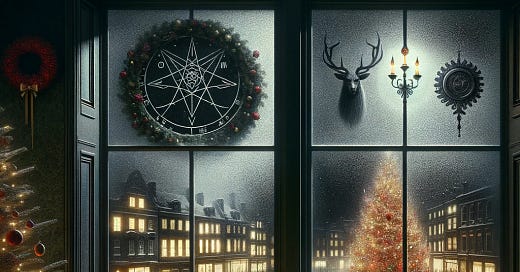The darker side of Christmas
Without the revelries, pomp and merriment which accompanied Christmas, the Constantinian version of Christianity would have died out
(Note: I hope the reader will consider this topic with an open mind. I am referring to the phenomenon of ‘Universal Christmas’ in this commentary and I did not take much pleasure in writing it)
Christmas is around the corner, triggering a variety of longings, expectations and memories. For some, however, December can be the most forlorn month of the yea…




